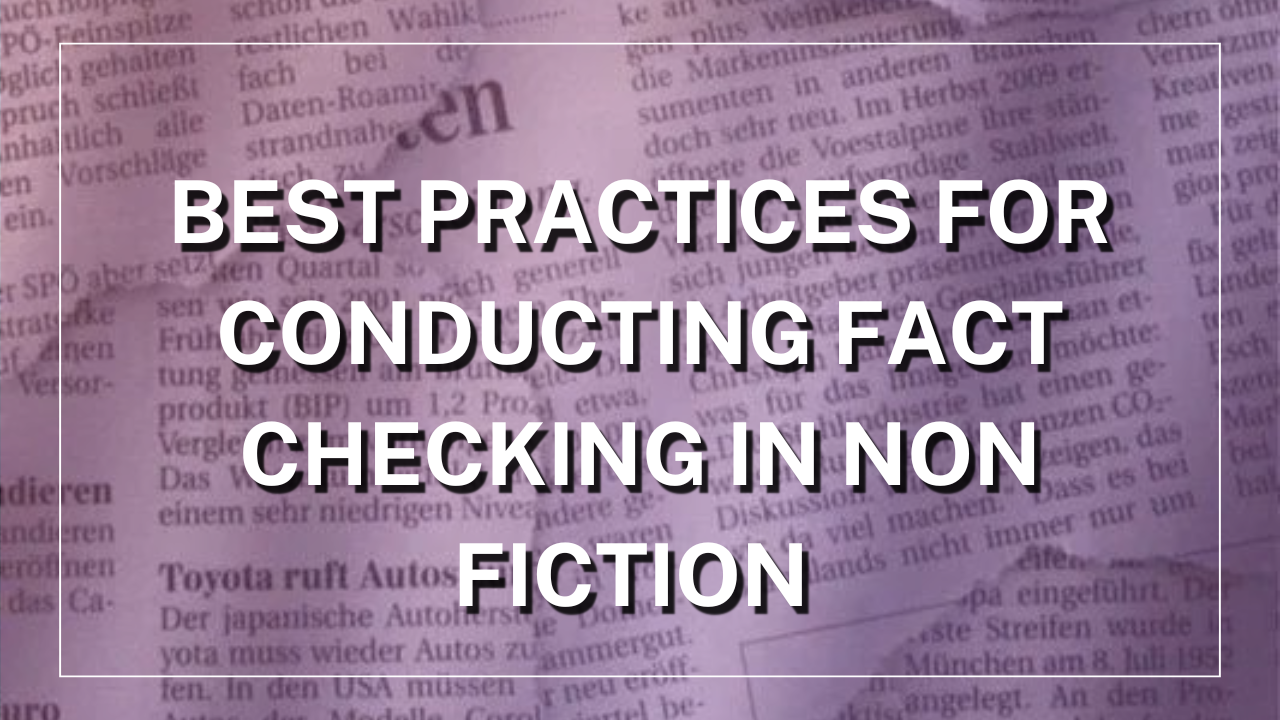When writing a nonfiction book, it is crucial to be factually correct about the topic, story, or theory that you are writing about. It will not only increase reader engagement but also save your book from misleading readers or getting cancelled.
While there are numerous ways to access data on any topic, here are a few tips to make fact-checking easier.
1. Use Reliable and Authoritative Sources:
There are thousands of sources to collect data but not all sources are authentic. Some sources might project individual or group-biased perspectives of the data, which can lead to biases in your book. It is important to revert to authentic and trusted sources when collecting data or fact-checking your book.
2. Cross-Check Multiple Sources:
It is important to diversify the spectrum of sources during fact-checking as it will eliminate any misinformation that might have occurred in your writing. Different resources widen your views on the subject at hand, allowing clarity and authenticity in your writing. It also allows your readers to have a greater understanding of the subject as it would remove narrowness in your content.
3. Consult Primary Sources Whenever Possible:
Primary sources of information are the best to refer to when checking your non-fiction content. It offers first-hand facts that are not influenced by any other person. It is necessary to get your words right from the root of your topic. Whether writing about a person, place, or any subject, primary sources like government records, letters, and diaries can help you get the right facts.
4. Be Wary of Bias and Subjectivity:
When surfing through multiple sources during fact-checking, it is important to look out for biases. People have different perspectives and experiences, hence referring to any source will hold the writer’s point of view. It is crucial to stay away from highly imbalanced sources to avoid adding unwanted influence to your book.
5. Maintain Transparency About Uncertainty:
Even after going through thousands of sources and records, there might be areas of uncertainty in your content. It is crucial to be truthful about such uncertainties to avoid misinformation. Your readers should be well aware of the uncertain area of research. This will help you be truthful to your readers and be more engaging.
Fact-checking is not just a final step in the writing process — it’s an integral part of crafting non-fiction that readers can trust. From using reliable sources and cross-checking data to consulting experts and verifying quotes, fact-checking enhances the quality of your writing and solidifies your reputation as a trustworthy author. By following these best practices, you can ensure that your work stands up to scrutiny and offers readers accurate, reliable information.

